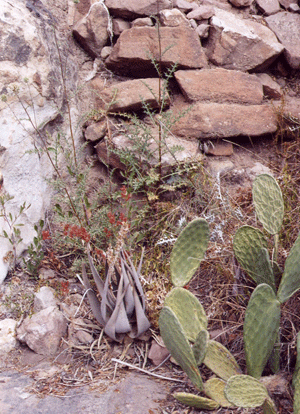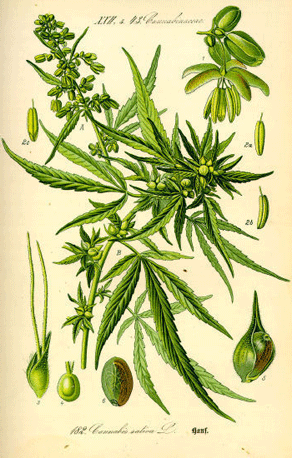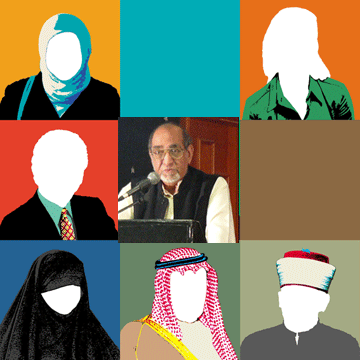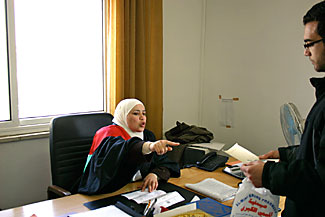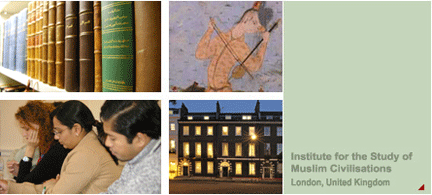
Virginity, at least when it comes to the female of the species, is one of the most critical ethical melting points of societies in which females are burdened with a symbolic honor that denies their own control over their own bodies. The Virgin Mary in Christian theology remains a virgin, since the heavenly father of Jesus had no earthly form with which to impregnate her. Much is made in the media today about honor killings in Mediterranean societies, and in areas where more conservative forms of Islam merge with patriarchal ideology, like Pakistan and Afghanistan. Since the self righteous males who guard their sisters hymens but frequently dally with the hymens of other men’s sisters or daughters are not likely to go feminist and vote pro-choice, women must either remain strict virgins (and hope that they are not one of those women who are born with perforated hymens quite naturally) or find some chicken blood. But now the Japanese and Chinese have a more sanitary solution: a kit that allows a woman to insert an artificial hymen in only five minutes.
Where do you find such a product? It is widely sold in the Middle East, but those in America have only to click on Gigimo.com to find a Japanese kit available for $29.90 (or “suggest a price”). Continue reading Like a Virgin, but not for the very first time
